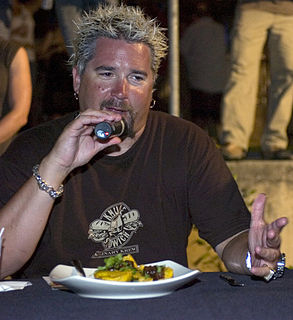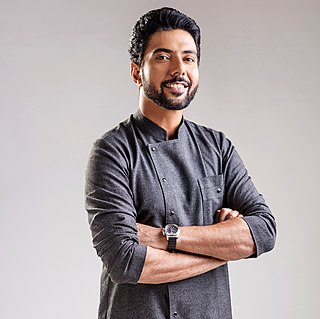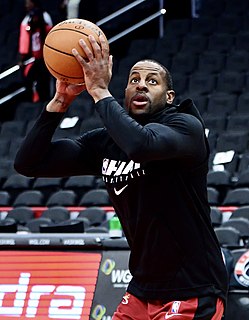A Quote by Mesut Ozil
Things I didn't have in the past I try to give to kids. I know how it feels not to have things. We were poor, but we had enough food to eat. It was a big family, four kids, and it was not like you could just go and buy something. But we had the essentials, the food.
Related Quotes
I didn't like what was on TV in terms of sitcoms?it had nothing to do with the color of them?I just didn't like any of them. I saw little kids, let's say 6 or 7 years old, white kids, black kids. And the way they were addressing the father or the mother, the writers had turned things around, so the little children were smarter than the parent or the caregiver. They were just not funny to me. I felt that it was manipulative and the audience was looking at something that had no responsibility to the family.
We had a teacher, named Mr. Brown, and he was writing something on the board once - he was writing something on the board, and he farted. And you would have thought kids had seen the face of God. Kids weren't even laughing; they were just sitting there screaming, just screaming. Kids had to get carted out; kids were screaming. Kids had to get carted out, and they were going to the nurses' office. Kids are crying in the hallway. 'Oh, this is our 9/11.' And it was. It was their 9/11 'cause they never thought anything like that could ever happen.
I think people have to remember where we were in 2009. We were losing 800,000 jobs a month. We had an unemployment rate in double digits. We had poverty rates soaring. We had kids who were food insecure. Today in 2016, we have a lot less unemployment, a lot less poverty, and a lot fewer kids who are food insecure.
Food trends have been around as long as people have had the ability to choose between different things to eat, but the modern, interconnected media has made food trends a viral phenomenon. Once upon a time, it was just a few newspapers and a few select gourmet magazines that were writing about food. Today, it's every single publication.






































